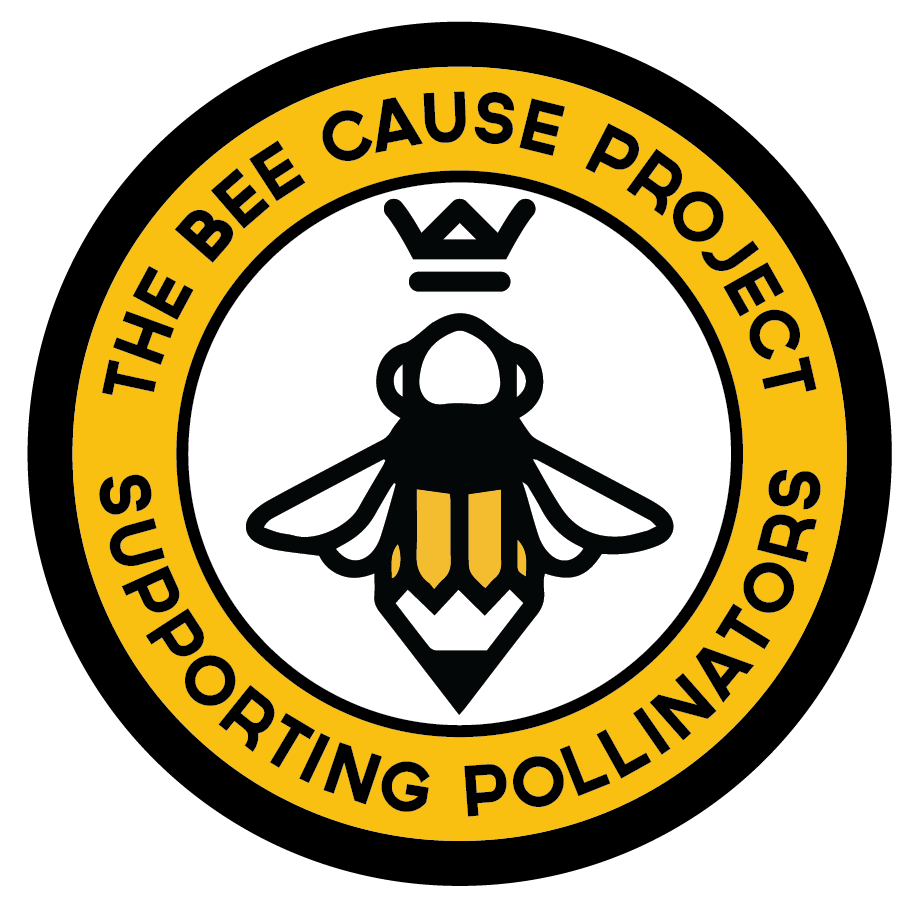From Taste to Teaching: Growing the 4-H Honey Bee Project in South Carolina

For Patricia Whitener, pollinator education is more than just planting gardens — it’s about cultivating confidence, curiosity, and conservation leadership in youth across South Carolina. As the 4-H Natural Resources program Leader with Clemson University Cooperative Extension and a longtime partner of The Bee Cause Project, Whitener plays a central role in the state’s expanding 4-H Pollinator Program — a collaborative initiative led by South Carolina 4-H Youth Development, in partnership with The Bee Cause Project, Savannah Bee Company, and the Ohana East Foundation.
One component of the Pollinator Program is the Honey Bee Project — an independent-study project that engages youth in the active role of beekeeping, learning the basics of entomology, and gaining an appreciation for the role of pollinators in our world. Though the Honey Bee Project has been active for several years, its impact continues to grow. This spring, in preparation for upcoming programming and seasonal outreach, Whitener visited Savannah Bee Company in Greenville for a honey tasting and educational session — an experience she described as “sweet and full-circle.” The hands-on visit emphasized the kind of immersive learning the project aims to replicate across 4-H programs statewide.
“The SBC team has been so supportive of 4-H pollinator education,” Whitener shared. “Getting to learn from them, taste the honey, and deepen my own understanding of bee behavior is exactly the kind of experience we want to create for students.”
The 4-H Honey Bee Project equips youth with foundational knowledge about honey bees, pollinator habitats, and the environmental role these creatures play in sustaining ecosystems. But Whitener believes its deeper value lies in helping students find their own personal connections to the natural world.
She recalled one student who was reluctant to participate in a 4-H garden workday. “She didn’t want anything to do with dirt or bugs,” Whitener said. But as the student began identifying native plants, labeling them by both common and scientific names, and even encountering a small American toad, something shifted. “She was fascinated by the science behind it all,” said Whitener. “That was her way in.”
Whitener emphasized the importance of teaching not just pollinator facts, but also garden basics — how to use tools, how to care for plants, and how to observe patiently. “I always say the most important skill I teach is how to just be in the garden,” she explained. “To breathe, to feel the sun, to notice the shape of a leaf or the hum of a bee. That kind of awareness stays with you.”
This hands-on, reflective approach is why the 4-H Honey Bee Project aligns so naturally with The Bee Cause Project’s mission. Whitener praised The Bee Cause not just for their resources and grants, but for being embedded in the communities they serve. “The Bee Cause is my go-to,” she said. “They’re not just funders — they’re partners, mentors, and advocates helping us build real-world conservation skills in students and volunteers.”
Looking ahead, Whitener is hopeful about the program’s future. By continuing to involve agricultural educators, Master Gardeners, local conservation districts, and other community stakeholders, she envisions a thriving “community of practice” dedicated to pollinator education across the state.
“We can’t manufacture more land,” she said, “but we can transform what we have — a schoolyard, a raised bed, a parking lot median — into something beautiful, useful, and essential.”
As the Honey Bee Project continues to blossom, Whitener’s work serves as a powerful reminder: the most meaningful lessons don’t always come from a textbook. And with the support of South Carolina 4-H Youth Development, The Bee Cause Project, Savannah Bee Company, and Ohana East Foundation, students across the state are not just learning about pollinators — they’re learning how to protect them.
______




